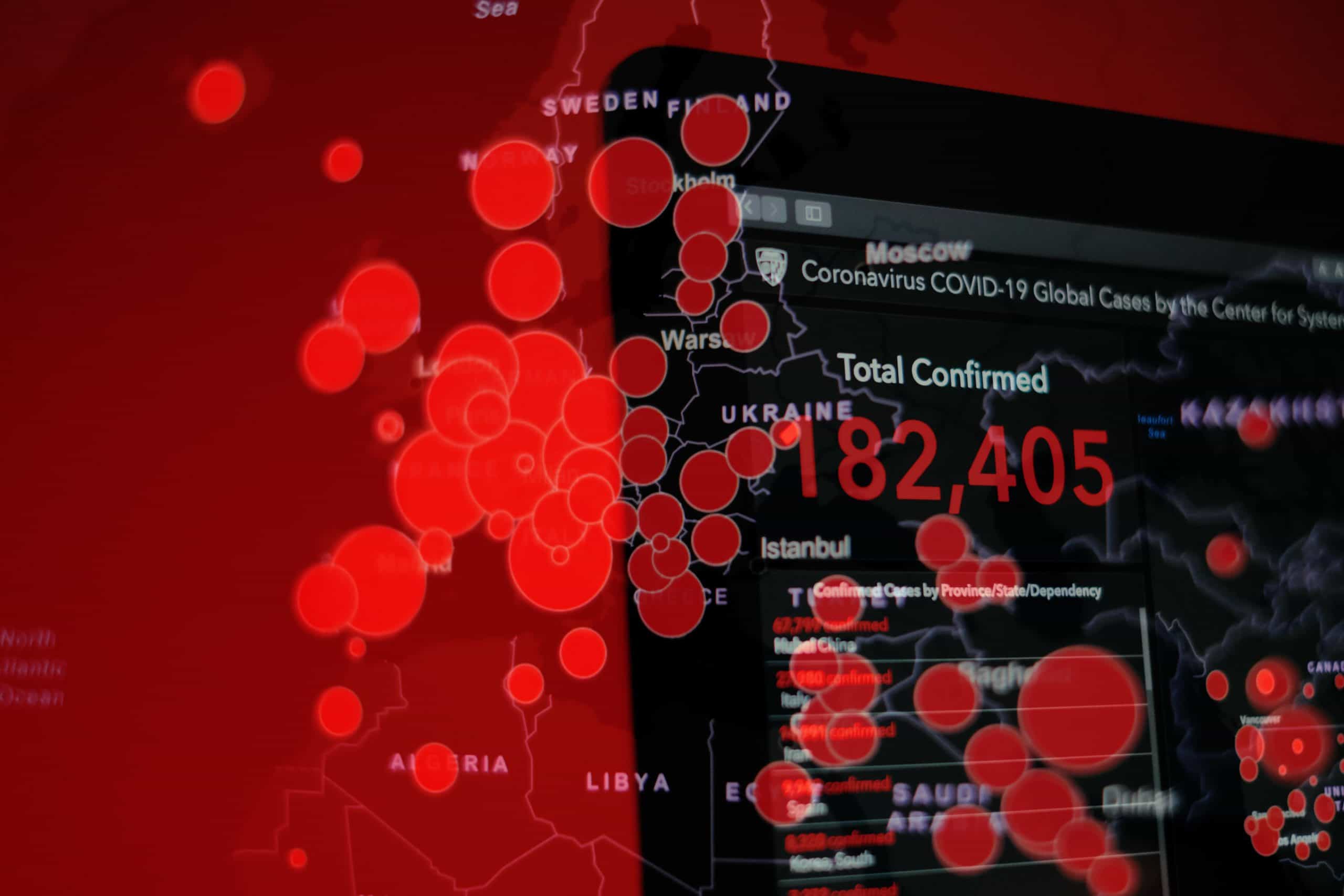When I was a child, I once read a vignette in my mother’s Catholic Digest magazine about a saint who thought about God all the time. That’s right: all the time. I don’t remember who the saint was or anything else of the story of their life, but I can still recall the mixture of amazement, disbelief, and challenge that such an idea stirred within me. In these days of pandemic and social distancing, I have returned to this idea as something else competes to dominate life, both externally and internally.
On its face, constantly thinking about God seems not only impossible, but also undesirable. We know naturally that obsessing over one thing is not a healthy way to live. The fears and anxiety induced by COVID-19 provide clear evidence of this, but we also know the futility of telling ourselves not to think about something.
One of the reasons the pandemic has come to dominate so much of our lives is that it seems omnipresent. It has permeated and affected all aspects of our lives and consciousness, from working from home and remote learning to Zoom happy hours with friends. But to say that it is omnipresent is to give it an attribute only truly applicable to God, that is, to make it an idol. Sure, it is prudent and necessary to adjust our daily lives to minimize the impact of the virus and protect the most vulnerable. This does not mean that it has to occupy our minds at all times and order our lives completely. COVID-19 is not God, and certainly not worth the attention due to God.
How can we then turn away from worshiping the virus through our constant attention and fear? From making it into an idol that we fixate on without relief, as though it truly is omnipresent? The answer must be to follow the example from that saint in my mother’s magazine: to think of God.
Thinking constantly of God is not risk-free though — we run the risk of merely setting up one idol in place another. We can sometimes have false and unhelpful images of God, whether it be the “Santa Claus god,” who knows if we’ve been bad or good and rewards/punishes accordingly, or a “distant god,” who rarely bothers with human affairs. If we latch onto one limited image of God, even if it captures some partial truth of the divine, it will stifle us if we devote our thoughts only to it. These images of God can become false idols in our lives too.
The truly transcendent God of Christianity is not omnipresent as a foreign invader, nor a suffocating blanket that covers everything, but rather God is omnipresent like air or gravity. God is the ground underneath us that holds us up.
Thinking constantly of God does not mean limiting our consciousness, but freeing it. There is nothing you can think of that isn’t related to God. Everything that exists is good, a gift from God. If we think of God all the time, we are merely thinking truly, recognizing this fundamental reality of existence.
Practically, the fear of coronavirus can give us occasion to turn to the truly omnipresent God for comfort. Every time I think of the virus or read related news, I try consciously to turn my thoughts to God, either offering up my feelings or asking for help for those in need. Thinking of God, along with care for our physical, social, psychological health, will profit us spiritually in these extraordinary times.
While it might seem like the coronavirus is everywhere, God actually is. And in the midst of all this, God is lovingly seeking you out. Think about that.


